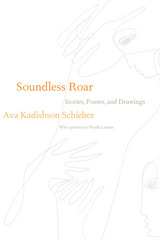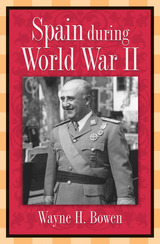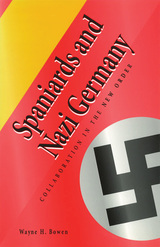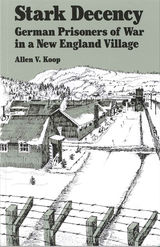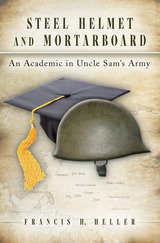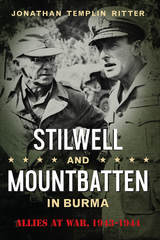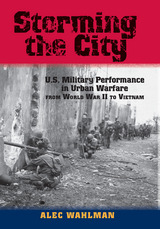Cloth: 978-0-674-02712-1
This poem belongs of the little-known Newari (Nepal Bhasha) language and literature, specifically to its even less known Buddhist version. It is one of the very rare cases that works in Newari language appear outside Nepal.
In nineteen long cantos, the Sugata Saurabha tells of the life of the Buddha, following the traditional accounts, but situates it in the strongly local context of Newar and Nepali Buddhism. It emulates the classical (Kavya) style of the long-standing Indian tradition, and has been inspired by the 2,000-year-old Sanskrit poem, the Buddhacarita. Consequently, the poet inserts stanzas composed in traditional classical Sanskrit meter, though written in polished Newari.
The poem was composed by the greatest modern writer in Newari language, Chittadhar Hrdaya (1906– 1982), while he was imprisoned by the autocratic strongly pro-Hindu Rana regime that governed Nepal from the mid-nineteenth to the mid-twentieth century.
The poem is the best-known work of the flowering of modern Newari literature that emerged after the restrictions of the Rana regime were lifted in 1950.
See other books on: Buddha | Buddhism | Buddhist | Nepal | Sacred Writings
See other titles from Harvard University Press

